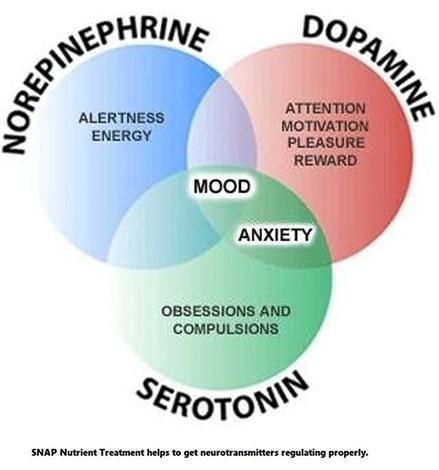How Dopamine Supplements Can be Taken

Dopamine is a neurotransmitter a chemical message
that connects two nerve cells that is produced by the brain. It makes
communication easier between the nerve cells in the brain and the muscle and
nerve cells throughout the body. Among other things, it has the ability to
regulate mood, motivation, memory, focus, and physical control and
coordination. Dopamine is usually given to patients who have anxiety problems,
mood swings, or sadness associated to dopamine insufficiency. Dopamine supplements
are autoregulated by the body in order for it to function normally. However,
lifestyle changes like quitting smoking and alcohol or eating an unbalanced
diet might lower the quantity in the body. In such cases, doctors may prescribe
dopamine supplements, tablets, infusions, injectable treatments, or dietary
changes. An excess of Dopamine
supplements is linked to erratic behavior, poor coordination, and more
violent behaviors. It can accumulate in several body parts, especially the
brain. Disorders like attention deficit disorder, drug addiction, gambling
addiction, and binge eating can result from it. Consequently, seek immediate
medical attention from a qualified practitioner in the event of an overdose.
What are the storage conditions for
dopamine?
Dopamine supplements
should be kept in a cold, dry place with a temperature of between 20 and 25
degrees Celsius, out of children's reach. Steer clear of direct contact with
light, heat, or air. Before taking any drugs or supplements containing
dopamine, see a physician. See a doctor if you experience any negative effects.
It is well accepted that the neurotransmitter
dopamine plays a role in a variety of brain processes, chief among them being
the amplification of pleasure sensations. Dopamine
supplements typically include ingredients that can enhance your body's
capacity to either make or utilize dopamine more efficiently. Supplements
containing dopamine include L-tyrosine, L-theanine, and Rhodiola rosea. Foods
high in tyrosine, such as almonds, and bananas, can also affect dopamine
levels. While some people find that taking supplements helps, it might be
preferable to speak with a medical or mental health expert to determine what is
best for you. You can contact a professional therapist in your area or use an
online therapy platform.
How does dopamine affect you and what
does it mean?
Comments